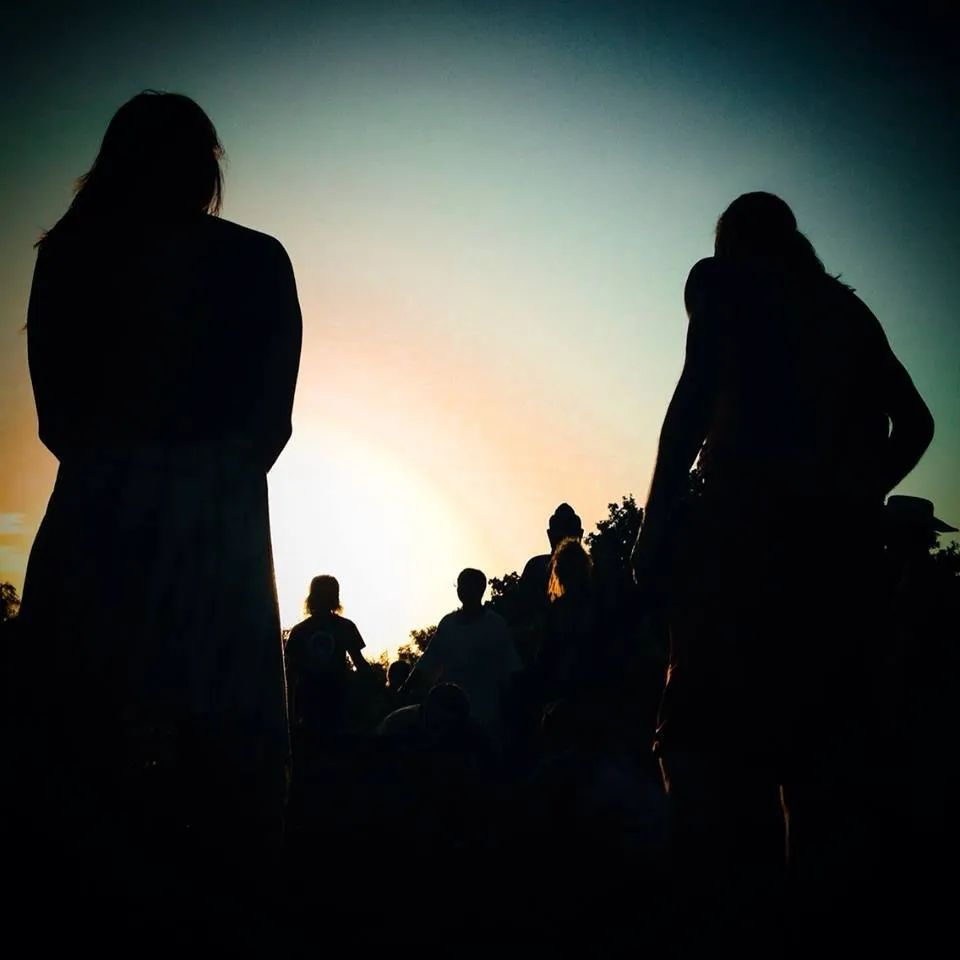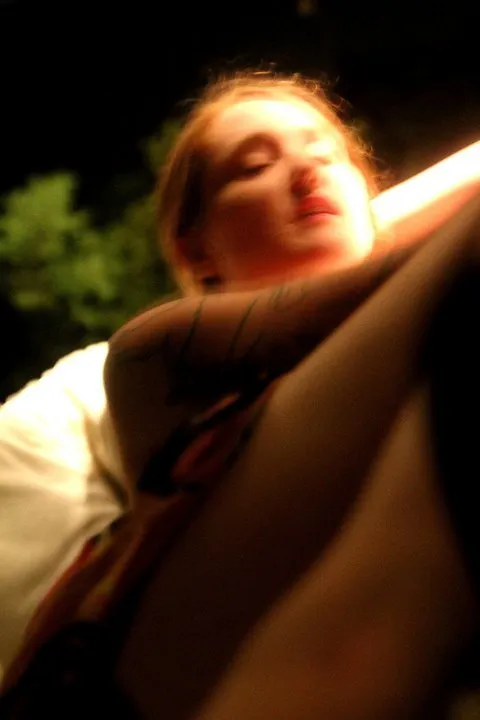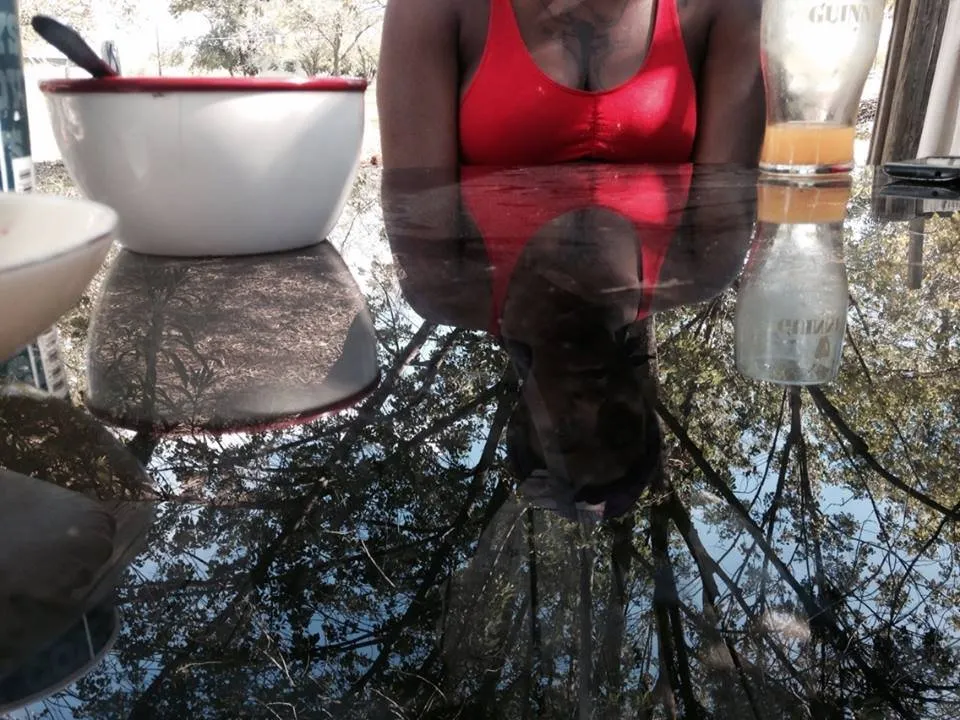WHERE DOES RESPONSIBILITY LIE?
Part 1 Part 2 Part 3 Part 4 Part 5 Part 6 Part 7 Part 8 Part 9 Part 10 Birthday Intermission Part 11 Part 12 Part 13 Part 14 Part 15 Part 16 Part 17 Part 18 Part 19 Part 20 Intermission No. 2 Part 21 Part 22 Part 23 Part 24 Part 25 Part 26 Part 27
We were super excited to share our life of freedom with others. Quinn believed that everyone deserved a chance for an amazing life. No matter who they were or what they had done in the past, he held space for them to start fresh with something that inspired them.

Since our gates were already always open, we accepted many kinds of people. They all came to us. We felt the most beneficial way to live together was to create a situation where everyone wins. We made adjustments to find a balance that would work in the myriad of situations. We tried many different approaches.
At first, those who came to stay were family or friends, then others followed. Several people still had jobs so were here for only a small portion of the day. We didn’t really care about or require rent, so they didn’t pay us to stay, but instead agreed to contribute something that would be beneficial for us all. It was challenging, as some had skills and abilities that were helpful, but their available time and energy after work seemed to be a limitation.
People wanted to know specifically how many hours they should contribute. That was tricky, because their time was limited, they often had little daylight for outside contribution, and some people could do hardly anything in an hour, or would often do it poorly, leaving us to do it again anyway, or clean up after them. A solely hourly approach wasn't the answer.
It was suggested that we test out giving value to certain tasks, so the completion of them would count toward their stay. We provided lots of options for things to be learned or attended to. The task oriented approach too proved to be tricky because still people were tired from work, and accomplished very little with their limited focus, taking lots of time to complete some things that Quinn could do easily in half or a third of the time. Most things were easier and more efficient to do ourselves whenever we wanted them done.
We also experimented with not keeping track of time or tasks--(I personally was not at all a fan of all of that time and record keeping stuff) to see if they would be inspired to contribute of their own accord and if no expectation was a viable option. We found that if people were not held accountable to some contribution, they would get caught up in their outside lives, eventually slack off, take advantage and give little to nothing in return. I felt our lives were more fulfilling when we all contributed something of value to it.

Generally people would end up leaving because they felt very torn between the home and work responsibilities they had taken on, and were hard on themselves for not living up to their contribution. Remaining in a traditional job was obviously the most important to them, so they moved on.
It was obvious that people still holding on to their 9-5 did not see the vision and were not really interested in investing themselves in a sustainable lifestyle. Putting a quantifiable value on their efforts was like running a business, and showed they were here mostly for a free place to stay, not to engage in the magnificence we were experiencing.
People were completely missing the point. The point was to create our own “job” by dedicating ourselves to creating the greatest lives we could possibly imagine, and sharing it with others.
Many others began to trickle in who didn’t have outside jobs, though many were already in debt. They found it difficult to make such radical change with financial matters looming over their heads. Still others came searching for something they could feel was a heartfelt path, but some couldn’t examine themselves deeply enough to fully engage the experience, or had so much conditioning about what they should do and how they should be, that they couldn’t take it all in, so returned to their life of old.
From our experiences, people showed they didn’t know how to be free. They were so used to having bosses, rules, guidelines, deadlines, expectations and someone else holding them accountable, that they weren’t able to take responsibility for themselves, even when it was something they said they wanted for their life.

I witnessed this kind of scenario in children too. At the conference, where unschooling and rethinking everything was the purpose for coming together, children who had been previously schooled behaved much differently than those children who had been blessed with time and responsibility for creating the life of their own design. The kids fresh out of school were those who did not know how to manage without someone telling them how to behave. without someone watching them constantly, or someone setting boundaries for them. They had no self regulation and often went wild after being let out of the cage. They were the ones who caused the problems or got into trouble with the hotel staff, as they weren’t used to being responsible for their own experience.
This type of behavior wasn’t across the board of course, but nearly everyone came with some kind of trauma or drama that needed to be worked through. Most people have been told what to do since they were born, even things as simple as the choice to put on a coat, to be barefoot on the earth, when to eat, what to learn and even how to feel.
It’s no wonder people are trying to get away from their lives and all the expectations. The conditioning we’ve endured sets the standard for how we behave with each other and the worth we have in ourselves. It’s apparent we have much to overcome if we are to engage responsibility for ourselves.
Our society is designed for disempowered people. We are constantly told how tall our grass can be, what is appropriate to wear and say and do, that we must have insurance and healthcare, that college degrees are required for respect, that we must pay taxes regardless of how irresponsibly they’re spent, that doctors/dentists and lawyers have the answers to our health and well-being, and we’re even told sometimes what color we can paint our homes.
Man’s law is inferior to god’s law. Man’s law attempts to confine and control, creating people who need authority to decide how to treat each other instead of developing the knowing within how to be kind and respectful of others. In contrast, god’s law lays the foundation of love and the only real law we need for responsible and honorable beings - The Golden Rule - “Do unto others as you would have them do unto you”.
Go with me on the journey toward Unconditional Love!
Stay Tuned for Part 29
